History teacher: advantages and disadvantages of the profession

There are professions, the need for which declines over time, and there are those whose relevance does not fade away. Teachers, teachers, lecturers are specialists who are always in demand. This qualification is developing and modifying according to modern trends, expanding and becoming more and more popular.
In this article, we will consider the profession of a history teacher. Let's characterize the main responsibilities and features of the work. Let's touch on the positive and negative aspects of this profession.
Peculiarities
The history teacher must navigate a large amount of knowledge, which is updated over time, since history does not stand still. The flow of information is very extensive - from the life of the northern peoples to the history of the military campaigns of the Russian Empire.
History as a subject is quite fascinating. The presentation of the material can be varied - in the form of lectures, films, debates, as well as archaeological trips.
A history teacher must first of all know many historical dates and events, navigate the time periods of the rule of dynasties, understand the territorial changes of each country (unification, division).
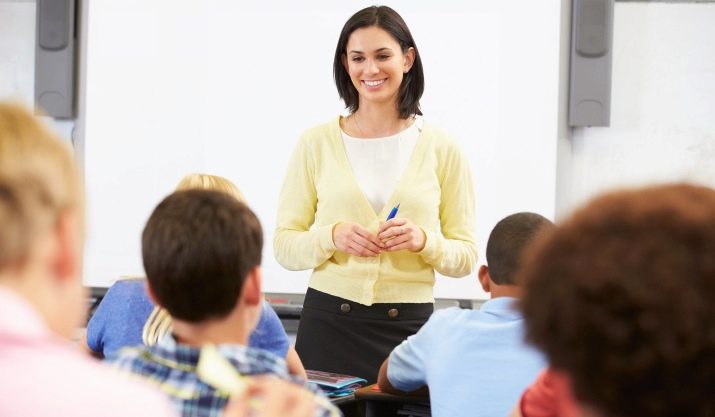
To improve their qualifications, the teacher must attend additional seminars, courses, read historical literature.
Such a teacher must have certain qualities. It:
- the ability to find new knowledge, to reform the information received into a more understandable context;
- the ability to find an individual approach to each student, regardless of the child's abilities;
- the ability to form a curriculum;
- accessible presentation of material and an interesting lesson structure.
- firmness of character, stress resistance.
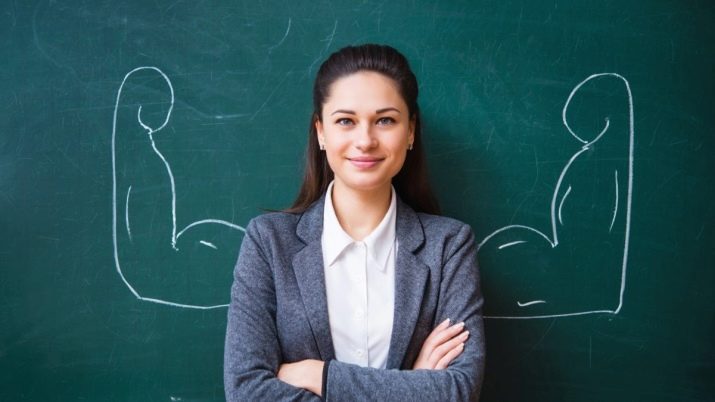
Knowledge and skills
As in any other specialty, a history teacher must have certain skills and have the necessary knowledge in this field of activity. It is necessary to correctly set goals and achieve them.
Let's consider the main tasks that the teacher should perform. First of all it is the formation of the curriculum in accordance with general educational standards.
The teacher should rely on the already acquired knowledge of the students. This is necessary in order to correctly and functionally use the time in the classroom. Many teachers know that this time is often enough, since the amount of information is too large. Largely all information has to be shortened.
The skill of the correct presentation of information is necessary for the teacher, because - the subject is very difficult to understand, many children find it boring. And this is logical if you force children to write notes and just learn dates. A good teacher, thanks to modern technology, will present information in an interactive style.
A history teacher should like no one else to encourage students' zeal for the subject. As you know, it is very easy to lose this zeal. Changes in the presentation of the material, heavy texts and too many dates discourage children from studying the subject.
In this case the teacher must show that the assessment will depend not only on the correct dates, but also on the understanding of the material covered in general. This will psychologically alleviate the condition of the child.
The ability to correctly process the acquired knowledge is very important for a teacher. It is not enough just to find good information, a diagram or a table for a lesson. It is necessary to process this information as much as possible into a more understandable language and explain everything to students in your own words. This shows not only your knowledge as a teacher, but also how interesting the subject is to you. These factors influence student engagement in the learning process.
Another important skill can be considered the correct formation of after-hours. This also includes additional activities. The teacher continues to work even after school, at home. Preparing for the next day and checking exercise books also involves certain skills. After all the construction of work on errors is no less important than the presentation of the material itself.
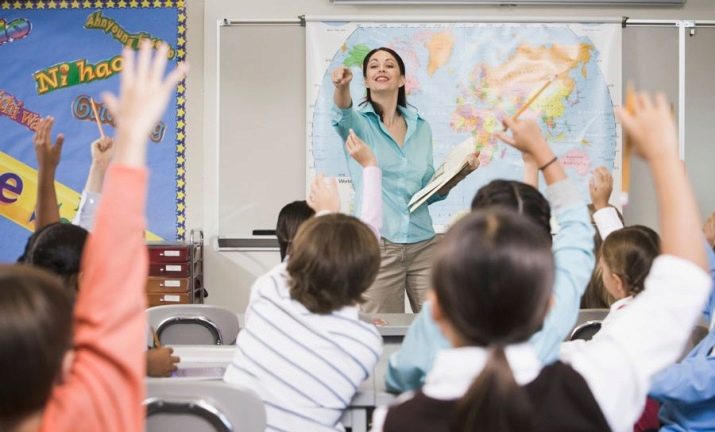
The profession of an art history teacher should be considered separately. Art history is a separate area that the future teacher is studying. This subject includes a whole range of social sciences, and the central link is artistic culture.
The main foundation of this specialty is the general history. Then the basis is formed from classical and postmodern history. Great emphasis is placed on styles in art (romanticism, classicism, sentimentalism, realism, and others). All sorts of time periods that are associated with art are studied (for example, the art of Ancient Greece; the way of life of the Eastern peoples).
Art history teachers are taught to distinguish between the works of art workers, to understand a variety of artistic trends and schools, and to navigate the historical and artistic trends. Students who choose this direction of study will participate in expeditions, organize exhibitions, work with various collections of art works. They will also be able to carry out research work in museums, archives, prepare for the publication of scientific materials (bibliographies, guidebooks, collections, reviews), engage in the evaluation of art objects.
Having received an education in this area, you can work not only as a teacher in educational institutions. You can become an antiquarian, archivist, librarian, museum employee.
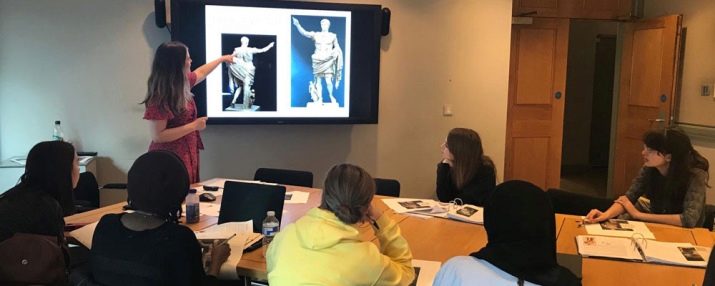
Education
To learn to become a history teacher, you do not need to look for a university for a long time. Almost every major city has universities and colleges that offer teacher education.
The direction of the history teacher is too narrow, therefore, in some universities, extended specialization is given. For example, history and law. The resulting profession will allow you to work not only as a teacher at school, but also to teach law in colleges or universities. The following directions are the history of Russia and foreign countries, history and social sciences, history of local history, history of art, archeology, national history.
The listed specializations can be both basic and obtained in the course of advanced training and additional seminars, or as a second higher education.
You can get the first higher as a teacher of the Russian language, and then, without wasting too much time, you can apply for the second higher as a history teacher.
The basic requirement for this profession is that you must have a teacher education... Full-time education is important for the employer. But a diploma can be obtained by studying by correspondence.
To enter the university, you must pass exams in the following subjects: Russian language, mathematics, history of Russia. In some cases, it may be necessary and Social Studies.
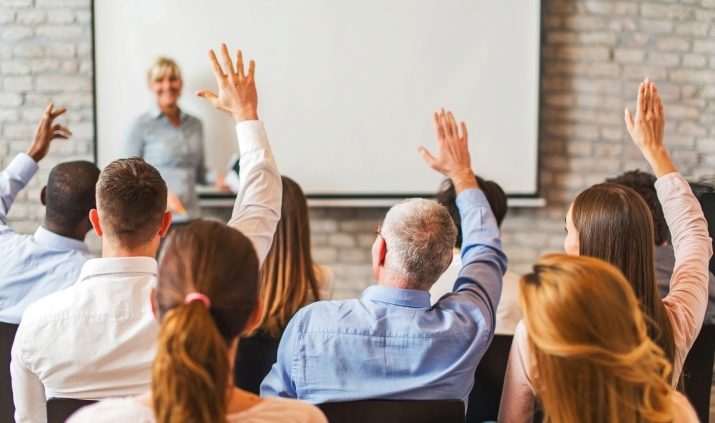
Where can you work?
Many students are always concerned about the issue of employment. This is a perennial problem because employers always need work experience. But this will not happen with this specialty, because the teacher is always in demand. Every school needs a teacher. Therefore, there is little choice left: in which school you want to work - in a general education public or private.
Each of these schools has advantages and disadvantages. That's why you need to choose what suits you best.
The mainstream school is likely to have several classes. There are about 35 people in a class. The amount of work will be great. Of the advantages, it is worth noting official employment, social package, vacation, career growth.
In private schools, classes are small... Each child needs to be given a lot of attention. One of the downsides is the specifics of a private school. For example, there may be a need to teach lessons in English. Therefore, in addition to knowledge in the field of history, extensive knowledge of English or any other language in which the school specializes will be required.
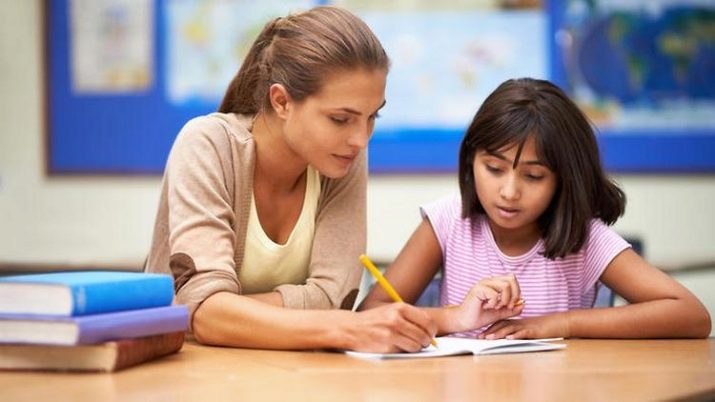
Besides, you can go to teach in college. Here the learning process is the same as in school. The positive side is that the students have already studied all the information they receive.
You can go to work as a tutor or in institutions specializing in additional education and professional development.
Finally, it is worth dwelling on the pros and cons of the profession. The positive aspects of the specialty include:
- constant communication with people;
- creative work and continuous development;
- long vacation, benefits package and seniority.
Of the minuses, the following points can be noted:
- conflict children and parents;
- a responsibility;
- a lot of information and work.









